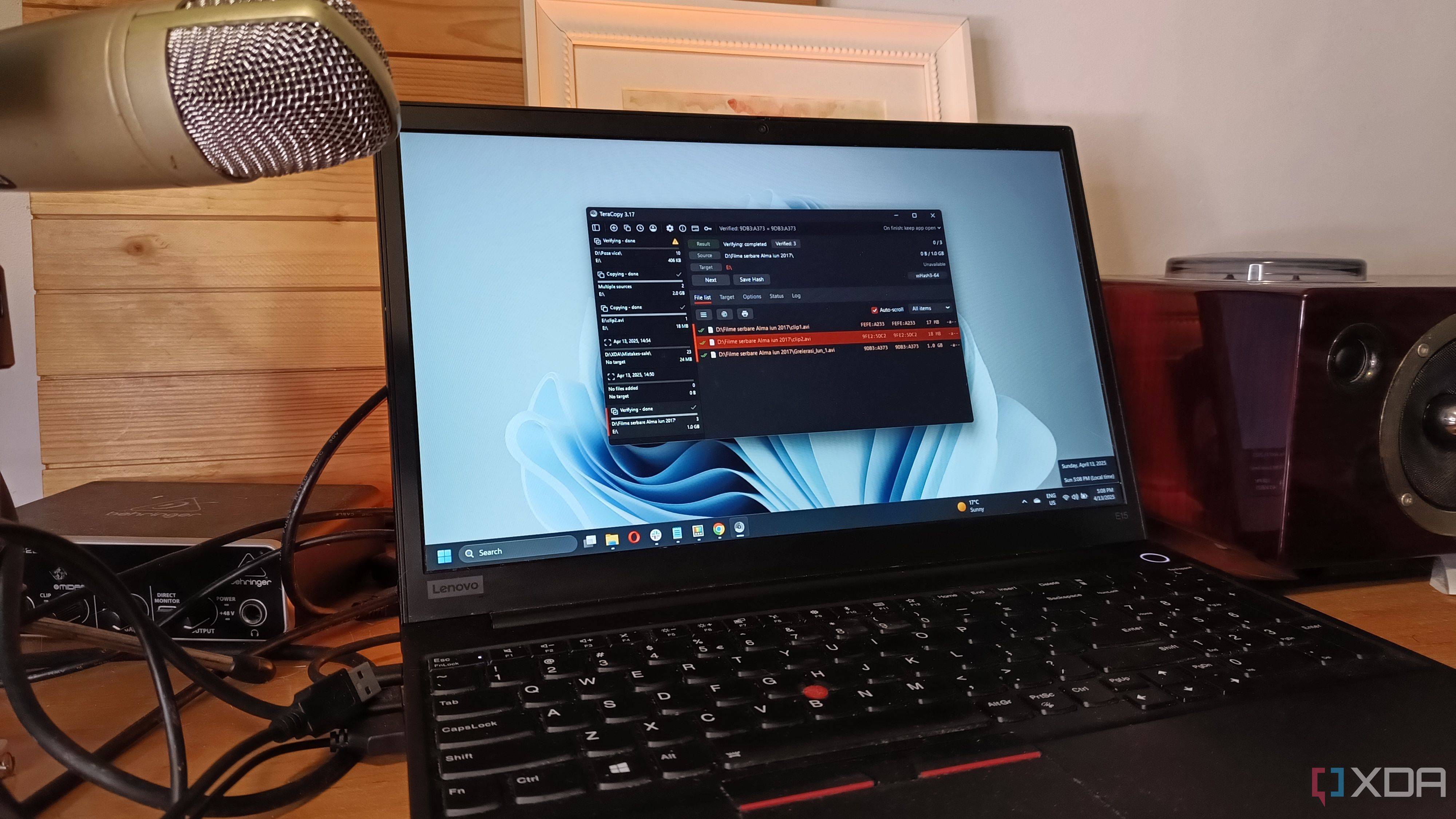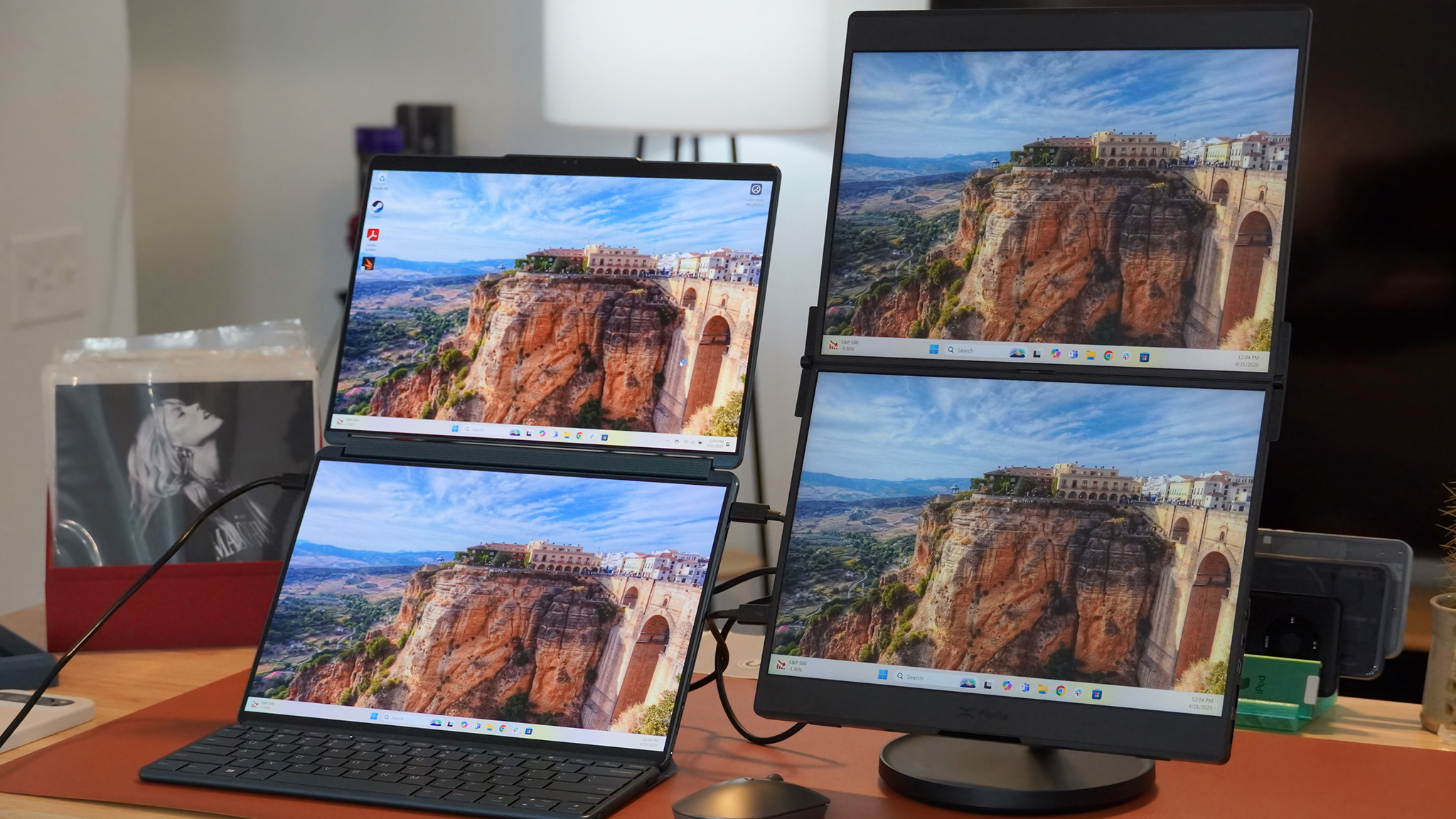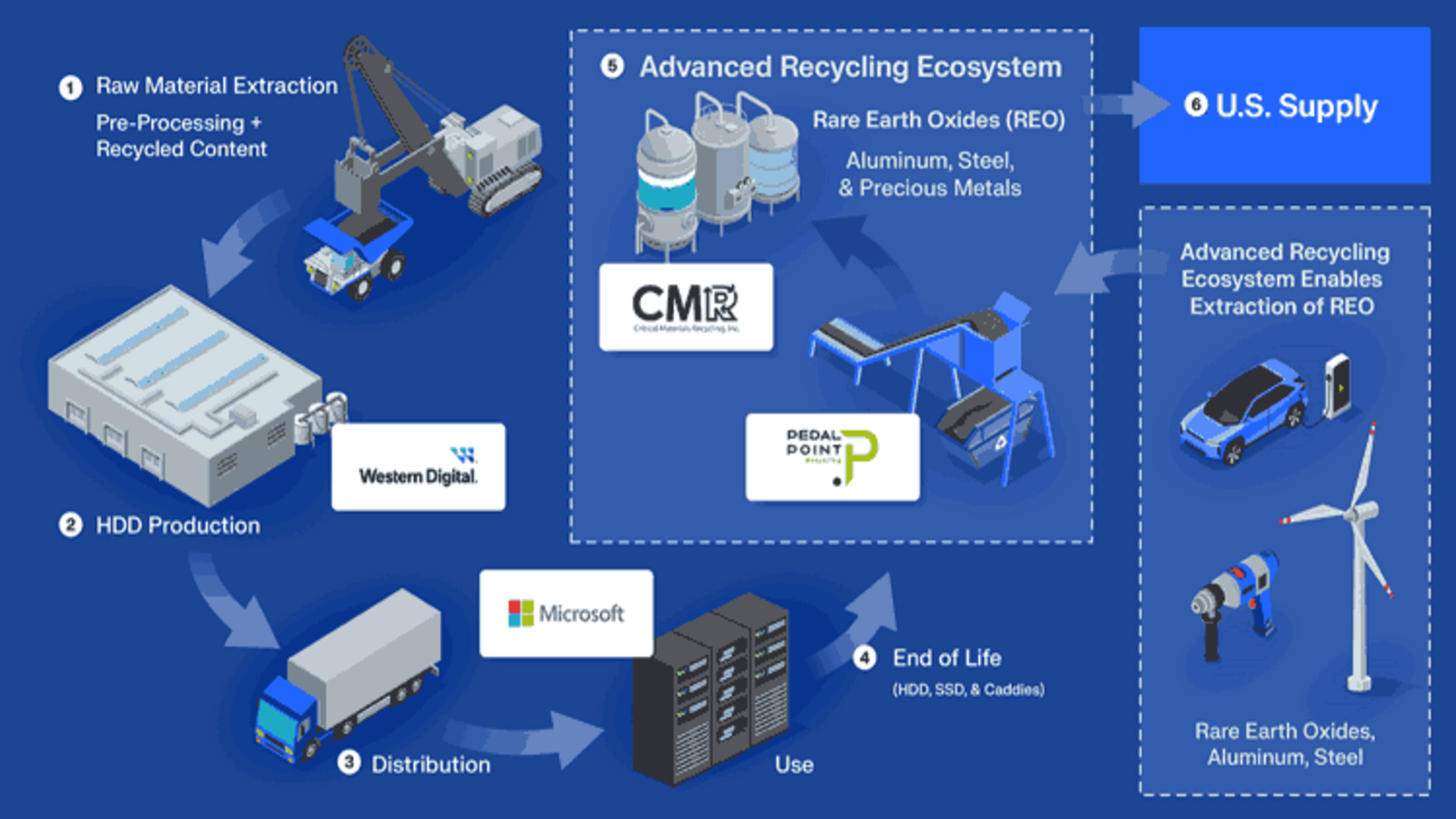Chainguard doesn’t have an office. Here’s how the $3.5B cybersecurity startup makes remote work.
Chainguard has more than 350 employees, just raised $356 million at a valuation of $3.5 billion — and has zero physical offices. The 4-year-old cybersecurity company is a case study in scaling an early stage startup without investing in office space. “For us, I think it’s practical,” said CEO and co-founder Dan Lorenc. Chainguard is an outlier among its peers. Just 5% of U.S. companies are fully remote, according to a Q4 report from Flex Index, and many employers have brought workers back to the office after the pandemic-fueled shift to remote work. Lorenc said one of the biggest benefits… Read More


Chainguard has more than 350 employees, just raised $356 million at a valuation of $3.5 billion — and has zero physical offices.
The 4-year-old cybersecurity company is a case study in scaling an early stage startup without investing in office space.
“For us, I think it’s practical,” said CEO and co-founder Dan Lorenc.
Chainguard is an outlier among its peers. Just 5% of U.S. companies are fully remote, according to a Q4 report from Flex Index, and many employers have brought workers back to the office after the pandemic-fueled shift to remote work.
Lorenc said one of the biggest benefits of being fully remote is access to talent.
“We can hire people wherever they are,” Lorenc said. “For what we do, there’s a lot of niche knowledge we need for different types of open source and different programming languages and different ecosystems — being able to tap into that talent wherever it is, is hugely beneficial for us.”
The hiring advantage is touted by other companies with flexible work policies, including Seattle-based real estate giant Zillow Group.

Chainguard provides employees a monthly stipend for coworking space fees, along with phone and internet costs. It also offers $1,750 to set up a home office.
The company gathers employees for biannual destination summits, where they hear from senior leaders, investors and customers. Departments also meet in person separately twice a year.
“You do need to get people together every once in a while,” Lorenc said. “You need to see people’s faces, see them in person, build up that trust, rapport, and team camaraderie.”
Lorenc, who is based in Rhode Island, also hosts a weekly “ask me anything” session with the full team. Each session is themed around a core company value. During “customer obsessed” weeks, for example, Chainguard invites a customer to share their experience.
Chainguard is technically headquartered in Kirkland, Wash., and has a small workforce in the Seattle region that includes two of the company’s other co-founders.
Lorenc said it can be hard to maintain culture when the company is hiring rapidly. But Chainguard doesn’t have immediate plans to open any offices.
“I don’t think remote is actually hard,” he said.
Lorenc, who spent nine years at Google before starting Chainguard, said the company is intentional about communication — particularly for written communication — and is focused on meeting cadence.
“You do need some structure in some meetings and some cadences, but you also can’t spend all of your time in these meetings,” he said.
Other fast-growing startups have found their own success with a completely different approach.
Seattle startup Statsig, for example, set a five-days-per-week in-office policy when it launched 2021.
Speaking to GeekWire last year, Statsig CEO Vijaye Raji acknowledged the trade-offs, including a limited hiring pool and higher costs. But he said in-person collaboration leads to faster decision-making and stronger social bonds — especially for early-career employees.
Statsig, ranked No. 9 on the GeekWire 200, and Chainguard, ranked No. 4, show that there’s no one-size-fits-all approach to workplace strategy — and that different models can lead to success.
Related: Cybersecurity startup Chainguard lands $356M at $3.5B valuation, up from $1.1B a year ago










































































































































